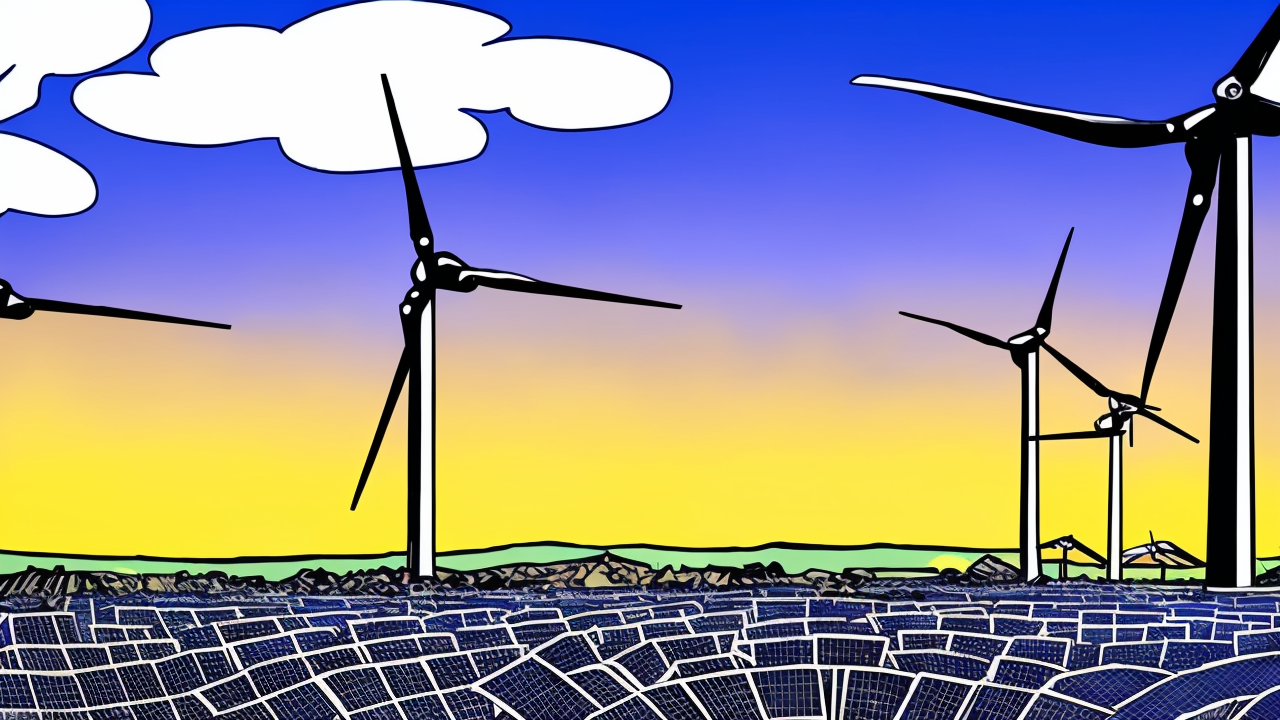The Battery Storage Problem: A Major Hurdle in the Energy Transition

The shift toward renewable energy sources like solar and wind is critical for reducing greenhouse gas emissions, but a major obstacle remains: energy storage. Michael Shellenberger, a prominent energy analyst, has highlighted the limitations of lithium-ion batteries, the most widely used storage technology today. While these batteries are effective for short-term energy needs, they fall short when it comes to long-term storage, particularly for industries requiring constant power.
One of the primary challenges is cost. Lithium-ion batteries remain expensive, and their high price tag makes large-scale deployment difficult. Additionally, these batteries degrade over time, reducing their efficiency and lifespan. This degradation poses a significant problem for energy systems that rely on consistent power output.
Environmental concerns also loom large. The production of lithium-ion batteries requires vast amounts of raw materials, including lithium, cobalt, and nickel, which are often mined under questionable ethical and environmental conditions. The extraction process generates significant waste and pollution, further complicating the transition to a sustainable energy system.
Shellenberger argues that the energy transition cannot rely solely on battery storage. Instead, a combination of nuclear energy, hydropower, and geothermal power must be considered to address the intermittency of renewable sources. Until these alternatives are fully explored and implemented, the battery storage problem will remain a critical hurdle in the global effort to combat climate change.
Published: 8/21/2025
















